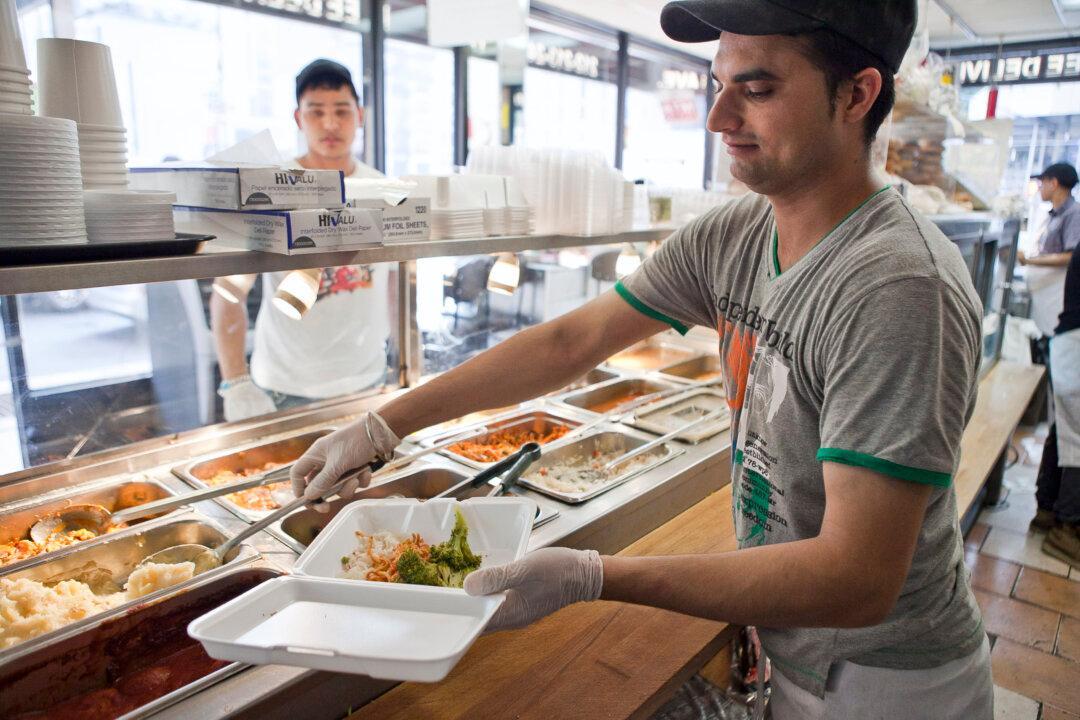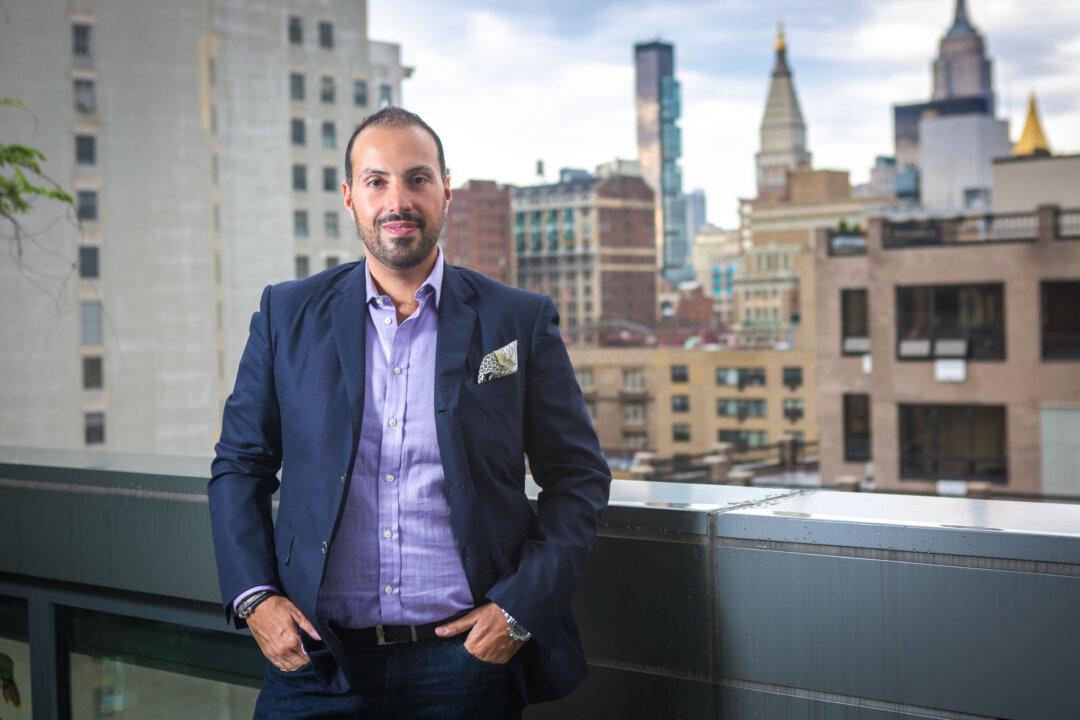NEW YORK—Months of pressure from various lobby groups have seen a bill for a citywide ban on plastic foam food service containers become a mixture of concessions. The City Council passed the bill Thursday.
“Literally $1 million has been spent trying to fight this bill,” said the bill’s sponsor Lewis Filder. “If it wasn’t for my counsel Brad Reid finding out the truth we wouldn’t be here today protecting the environment.”
Fidler introduced the bill in June, at the request of Mayor Michael Bloomberg.
The final bill requires the sanitation commissioner to determine if foam is recyclable by Jan. 1, 2015. If deemed not recyclable by the commissioner plastic foam will be banned from all food service establishments citywide on July 1, 2015.
Shortly before the bill’s introduction, the American Chemistry Council established the Restaurant Action Alliance NYC. Alliance representatives then started approaching thousands of restaurants without identifying the relationship between the chemical lobby and the alliance.
Restaurant Action Alliance representatives told restaurant owners that the proposed ban would be expensive for them and asked the owners to sign a letter to the City Council to push against the legislation. The council received thousands of letters.
The chemical lobby used a similar strategy in San Jose to push for recycling of foam, when a proposed ban was looming. San Jose ran a pilot curbside recycling program, but has since passed legislation to phaseout plastic foam from restaurants, starting next year.
“It is expensive to recycle, requires a tremendous amount of energy to produce, and is a common litter item that threatens wildlife and pollutes our creeks and the Bay,” the San Jose City Council website said.
Some 70 cities in California have passed similar local ordinances. Albany recently passed its own foam ban.
Concessions
In November, a clause was added to the proposed ban that requires the New York City’s sanitation commissioner to take one year to determine whether foam is recyclable. Meanwhile a foam-recycling bill, sponsored by Sanitation and Solid Waste Committee members Robert Jackson and Diana Reyna, was dropped.
Jackson said he believed small businesses would be affected by the ban. He pushed for Dart Container, the world’s largest manufacturer of foam cups, to recycle the product.
Dart Container offered the city $160 a ton for used foam waste, but stipulated that items with food or grease would not be accepted. The contract was short-term, three or five years, not the 20 years that the city normally requires for similar contracts.
The pilot project to recycle foam through the city’s recycling contractor failed. The trays broke to pieces and couldn’t be recycled.
Deputy sanitation commissioner Ron Gonen said not only were foam food service containers not recyclable, the material cost the city $1.8 million a year, or $95 a ton, to put into landfills.
Following that hearing, council members from the Sanitation and Solid Waste Committee made several changes to the bill.
The sanitation commissioner was required to consult the city’s recycling contractor (Sims), foam manufacturers, recyclers, and other groups before determining whether foam is recyclable. In addition, a six-month grace period was added before tickets can be issued for violating the ban.
A hardship exemption was added for nonprofits and small food service establishments if the foam ban would impact them significantly. Businesses would be able to apply for one through Small Business Services.
“The last couple of changes came from conversation with council members who were concerned, particularly about small business, and they made the bill better,” Fidler said.





